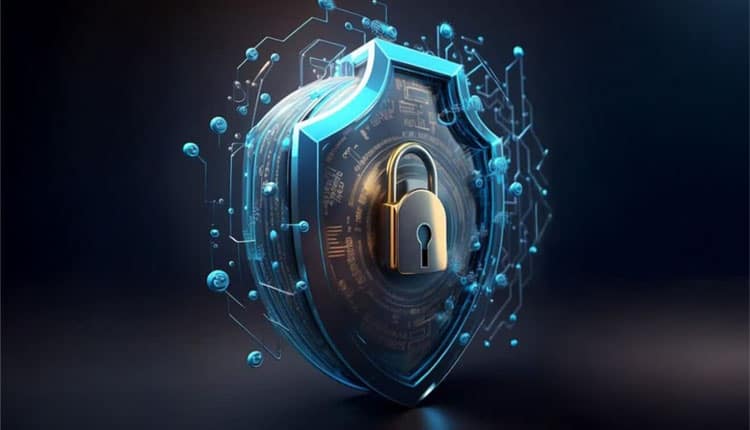To combat the rising menace of GenAI-powered cyberattacks, Tata Consultancy Services (TCS) on Tuesday suggested a counter-intuitive approach: just like fighting fire with fire, organisations must deploy GenAI-powered threat detection and response systems.
This means that GenAI-powered systems can be harnessed to defend against threats, including deepfakes, phishing, and malware, which get generated using the same technology.
In its Cybersecurity Outlook, TCS has said that GenAI, cloud security, and supply chain resilience will play pivotal roles in helping enterprises effectively manage cybersecurity risks by 2025.
Ganesa Subramanian Vaikuntam, global head of cybersecurity at TCS, said: “GenAI is enhancing operational efficiencies, but organisations must equip themselves to counteract cyber threats. It is imperative for organisations to harness these advancements and implement GenAI-powered threat detection and response systems to stay ahead of the curve”.
Additionally, as cloud adoption accelerates, TCS has highlighted the importance of implementing robust security protocols such as encryption, access controls, and continuous monitoring. Proper cloud configuration remains crucial to preventing breaches and unauthorised access.
Organisations transitioning to hybrid or multi-cloud environments must adapt their security measures accordingly to protect sensitive data and maintain operational continuity.
Further, TCS said that flexible and resilient supply chains will be essential in 2025 due to geopolitical shifts and evolving partner ecosystems. Organisations must develop proactive strategies to adjust supply networks while ensuring data protection and regulatory compliance.
TCS also highlighted a growing shift towards Cybersecurity Mesh Architecture (CSMA) and zero-trust security models, which require continuous authentication and limited access to minimise threats.
By 2026, most large enterprises are expected to consolidate their security tools and adopt zero-trust methods. Organisations will need integrated platforms to automate and orchestrate cybersecurity measures effectively.
TCS anticipates a rise in the adoption of an “automation-first” approach to Managed Detection and Response (MDR) by Chief Security Officers (CSOs).


